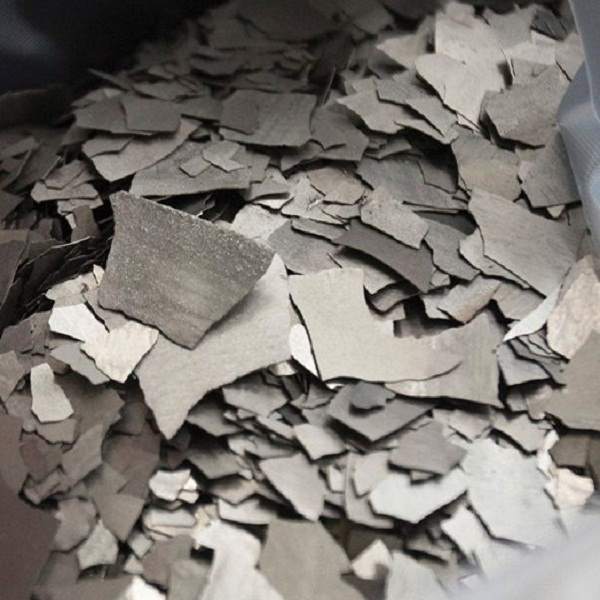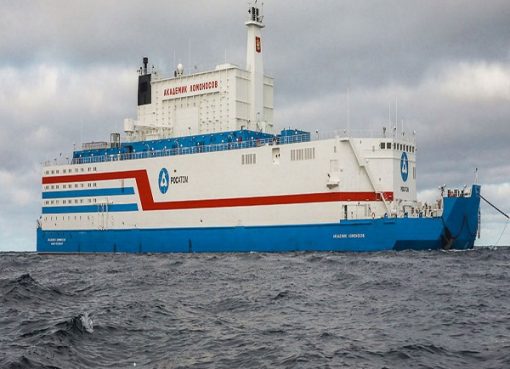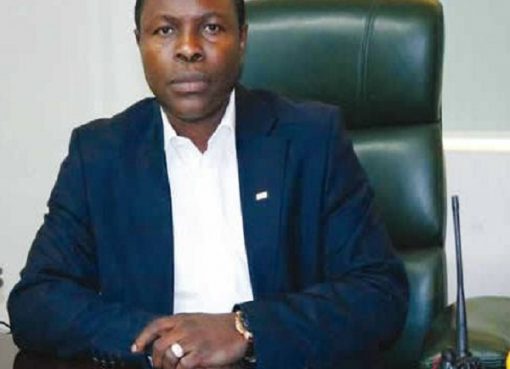Europe will require 35 times more lithium and seven to 26 times the amount of increasingly scarce rare earth metals compared to its limited use today in order to meet the EU’s Green Deal goal of climate neutrality by 2050, a study has found.
The resources are all essential to Europe’s plans for producing the electric vehicles and batteries, renewable wind, solar and hydrogen energy technologies, and the grid infrastructure needed to achieve climate neutrality.
The study also finds that by 2050, 40 to 75 per cent of Europe’s clean energy metal needs could be met through local recycling if Europe invests heavily now and fixes bottlenecks.
But the researches warn that the continent faces critical shortfalls in the next 15 years without more mined and refined metals supplying the start of its clean energy system.
In March, European Commission President Ursula von der Leyen called for European independence from Russian oil, coal and gas, saying “we simply cannot rely on a supplier who explicitly threatens us. We need to act now to… accelerate the clean energy transition. The quicker we switch to renewables and hydrogen, combined with more energy efficiency, the quicker we will be truly independent and master our energy system.”
The study is the first to offer EU-specific numbers related to the International Energy Agency’s warning in 2021 of looming supply challenges for the enabling metals needed to help end fossil fuels.
“Although the EU has committed to accelerate its energy transition and produce a great deal of its clean energy technologies domestically, it remains import dependent for much of the metal needed” it states. “And there is growing concern about the security of supply.”
EU primary metals demand will peak around 2040, after which increased recycling will help the bloc towards greater self-sufficiency, assuming major investments are made in recycling infrastructure and legislative bottlenecks are addressed.
Liesbet Gregoir, lead author at KU Leuven, said: “Europe needs to decide urgently how it will bridge its looming supply gap for primary metals. Without a decisive strategy, it risks new dependencies on unsustainable suppliers”.
Coal-powered Chinese and Indonesian metal production will dominate global refining capacity growth for battery metals and rare earths. Europe also relies on Russia for its current supply of aluminium, nickel and copper.
The study recommends that Europe link with proven responsible suppliers managing their environmental and social risks, questioning why the bloc has not yet followed other global powers like China in investing into external mines to drive ESG standards directly.
It finds that a “paradigm shift” is needed if Europe wants to develop new local supply sources with high environmental and social protections.
“Today we don’t see the community buy-in or the business conditions for the continent to build its own strong supply chains. The window is narrowing; projects really need to be taken forward in the next two years to be ready by 2030”.
Source: E&T










